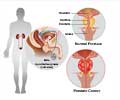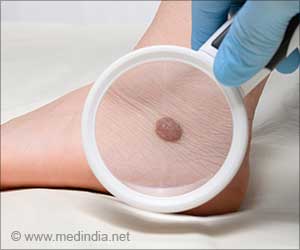Current prostate cancer tests may fail to detect early-stage disease in transgender women, potentially leading to delayed diagnosis and treatment.

Prostate-Specific Antigen Values in Transgender Women Receiving Estrogen
Go to source). The researchers found that transwomen scored 50 times lower than typical PSA tests (prostate-specific antigen), the gold standard tool to detect prostate cancer. This could mean that current “normal” thresholds are too high for transgender women, and their cancer might not be found until a later stage, the investigators said.
‘#Transgenderwomen retain their #prostates after gender-affirming surgery, increasing their risk of #prostatecancer. #PSA #prostatescreening ’





The study appears in JAMA. Often, they are on estrogen, the most common gender-affirming hormone. But patients taking estrogen are more likely to show up in their doctor’s offices with high-grade prostate cancer.
PSA Interpretation in Transgender Women on Estrogen
“Patients and clinicians should be aware that PSA values in transgender women on estrogen should be interpreted with caution, as they are different than those in cisgender men,” said lead author Farnoosh Nik-Ahd, MD, a resident at the UCSF Department of Urology.The prostate, a small gland that helps make semen, produces a protein called prostate-specific antigen, or PSA. Blood levels of PSA frequently are elevated in people with prostate cancer – and the PSA test, which measures those levels, is commonly used as a screening tool.
In the new study, investigators analyzed Veterans Health Administration records between January 2000 and August 2023. Altogether, 210 patients who were 40 and older, on estrogen and had no history of prostate cancer were included.
Advertisement
Currently, there are no PSA ranges specific to transgender women. The researchers said that further work is needed to determine the risks and benefits of PSA screening among transgender women and to pinpoint ideal prostate cancer screening practices for them.
“We are just starting to understand how estrogen and related treatments modulate prostate cancer risk, and how to interpret PSA values in this population, so we can evolve a rational and evidence-based screening policy,” he said.
Reference:
- Prostate-Specific Antigen Values in Transgender Women Receiving Estrogen - (https://jamanetwork.com/journals/jama/article-abstract/2820386)















